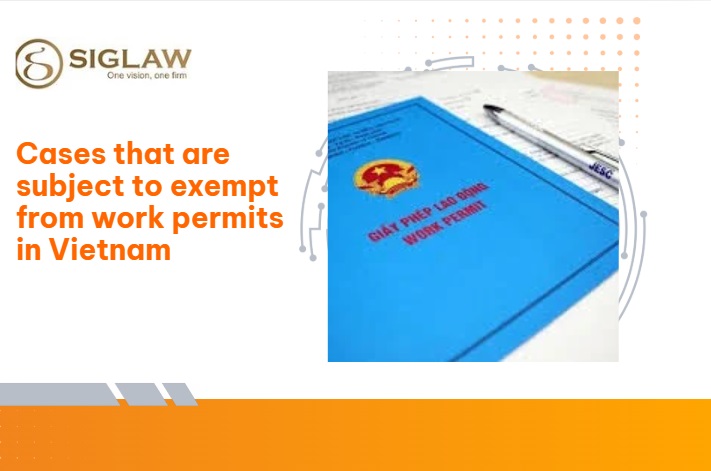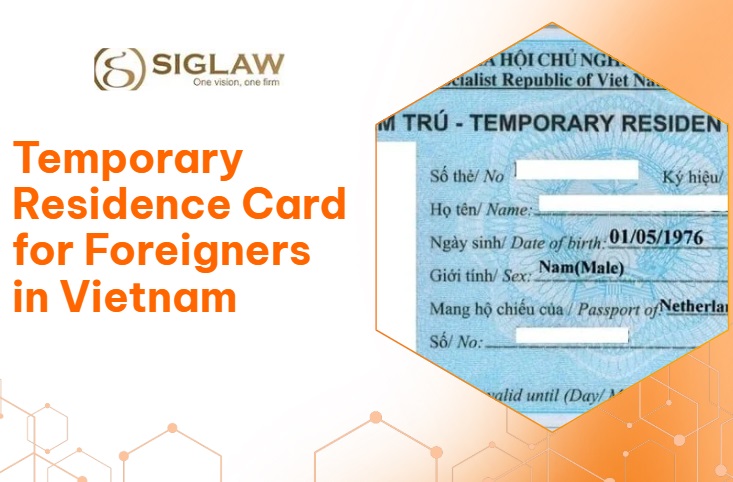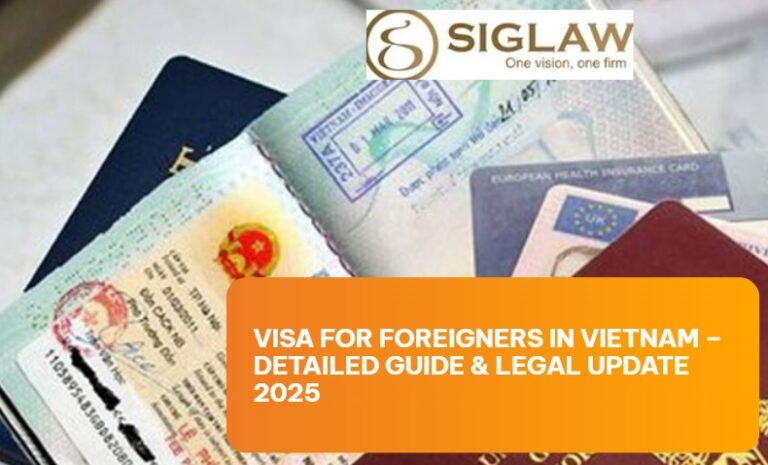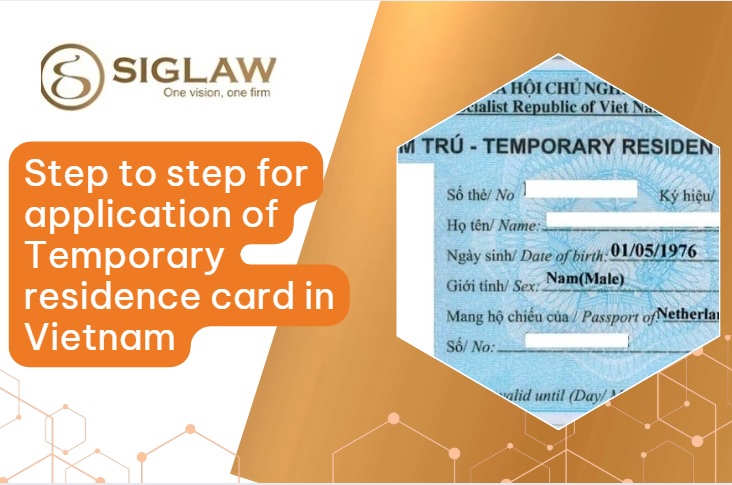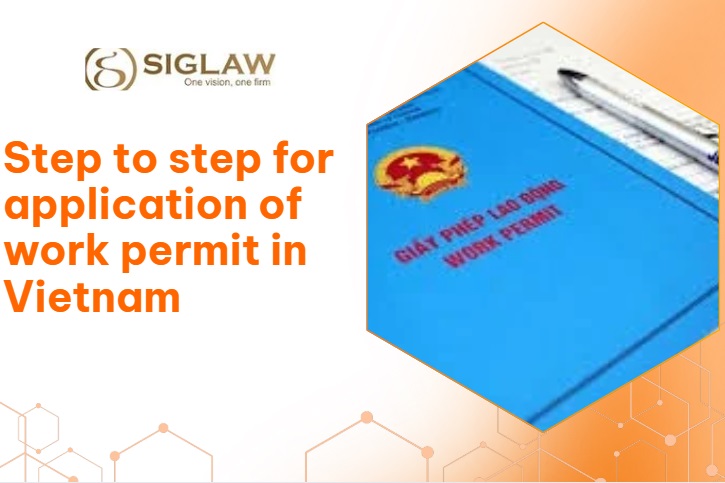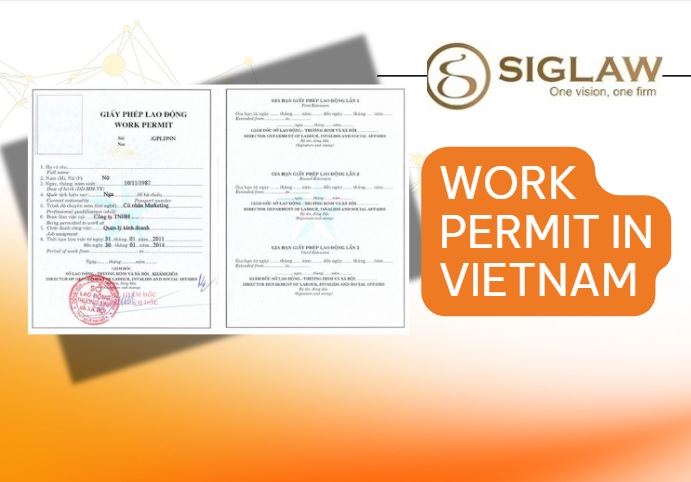In the context of the Vietnamese Government promoting national digital transformation and the full digitization of administrative procedures, the implementation of electronic identification (VNeID) is not only a step forward in administrative reform but also a “test of adaptability” for foreign investors and FDI enterprises.
From July 1, 2025, all administrative, investment, and business transactions in Vietnam will require authentication through electronic identification accounts, in accordance with Decree No. 69/2024/ND-CP and Decree No. 239/2025/ND-CP. This means that investors who fail to complete their identification procedures in time may face delays in administrative processes, transaction interruptions, or even missed investment opportunities — seemingly minor risks that can cause a major chain reaction in an increasingly digitalized legal, financial, and commercial environment.
Mandatory Electronic Identification (VNeID) Framework
As of July 1, 2024, Decree No. 69/2024/ND-CP officially takes effect, providing detailed regulations on electronic identification and authentication, including the issuance, management, and use of electronic identification accounts for individuals and organizations — including foreign nationals residing or operating in Vietnam.
According to Article 7 of Decree 69/2024, foreigners aged six (06) years or older, who possess a valid temporary residence card or permanent residence card in Vietnam, are entitled to obtain a level-1 or level-2 electronic identification account upon request.
From July 1, 2025, all agencies, organizations, and enterprises (including FDI enterprises) are required to transition to using electronic identification accounts for electronic transactions and administrative procedures.
Furthermore, beginning September 3, 2025, Decree No. 239/2025/ND-CP, which amends and supplements several provisions of Decree No. 31/2021/ND-CP (implementing the Law on Investment), will come into force to promote digitalized investment procedures and shorten the timeline for investment licensing and issuance of investment registration certificates.
Accordingly, foreign investors and FDI enterprises will face not only the requirement of individual or organizational identification but also the need to adapt to procedural changes in digital investment processes under Decree 239/2025.
Challenges and Risks from Delayed Identification
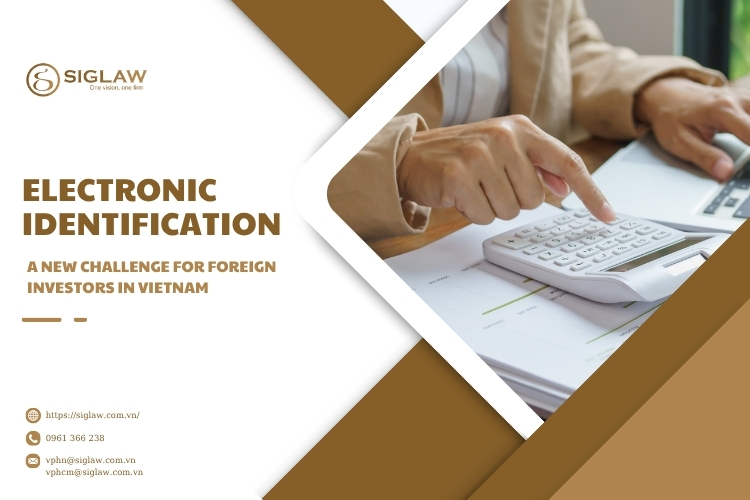
Administrative and Investment Procedure Delays
If an FDI enterprise fails to complete electronic identification before July 1, 2025, its existing accounts (e.g., public service portals, e-tax systems, etc.) may become inactive. When submitting electronic investment applications under Decree 239/2025, the dossier must be digitally signed or authenticated using an updated electronic identification account. Failure to do so may result in rejection or return of the application.
The shortened licensing timeframes and simplified project approval process under Decree 239/2025 will create additional pressure for investors who are not yet prepared with identification and digital documentation.
Difficulties in Biometric and Data Verification
For foreigners, Level-2 identification requires facial photos, fingerprints, and cross-verification with the national immigration database. If personal data (such as name, nationality, passport issuance date, or residence duration) are inconsistent, the identification may be rejected or require extensive supplementation.
Security Risks: Biometric data are highly sensitive; if the identification system or security integrations are compromised, there may be risks of data breaches or identity fraud.
Loss of Incentives or Incorrect Investment Location
Decree 239/2025 revises the rules for determining investment incentive locations (Article 21 of Decree 31/2021) to include newly established communes after administrative rearrangements. If an investor fails to update identification or enterprise registration information in time, they may register the wrong location and lose eligibility for incentives.
Additionally, Decree 239 removes certain restrictions, such as the 10-year age limit for machinery in specific projects. However, without a completed digital profile or identification, enterprises may struggle to benefit from these new preferential policies.
Identification Process and Key Notes
Under Decree 69/2024/ND-CP
The Decree defines an electronic identity as including information such as the identification number (for foreigners), full name, date of birth, gender, nationality, passport details, facial photo, and fingerprints.
When any information (e.g., passport, residence address, organization name) changes, the identification system automatically updates data from national and specialized databases.
Organizations and enterprises must complete their electronic identification registration before July 1, 2025, to maintain access to e-government systems and e-tax portals.
Connection with Decree 239/2025
If the legal representative of an FDI enterprise is a foreign national, that individual must use a Level-2 personal electronic identification account to register the enterprise’s identification (as prescribed in Decree 69) and to carry out electronic investment procedures under Decree 239.
Electronic investment applications (licensing, amendment, or project approval) must be digitally signed or authenticated via an electronic identification account — previous or non-identified accounts will no longer be valid.
Given that Decree 239/2025 shortens the timeframe for project approvals and investment licensing, delayed identification may cause investors to “miss the window” or fail to meet administrative deadlines.
Solutions for Foreign Investors to Overcome the “Identification Challenge”
- Complete personal identification immediately upon obtaining residence cards – Do not wait until the deadline; early registration ensures access to Level-2 VNeID accounts for future transactions.
- Synchronize personal and enterprise data – Verify consistency across passports, residence documents, enterprise details, representative information, and tax codes to minimize the need for data correction.
- Prepare technological infrastructure and integrate digital signatures with identification systems – Once issued, the identification data should be integrated with digital signature and API systems to enable automated authentication in submissions.
- Closely monitor guiding regulations and legal updates – As digital identification, investment, and administrative digitalization evolve rapidly, enterprises must stay informed of relevant circulars and guidance documents.
- Leverage new incentives under Decree 239/2025 – Benefits such as reduced licensing time, removal of machinery age limits, and expanded investment incentive zones will be most accessible to enterprises that complete identification and digital documentation early.
Electronic Identification Support Services for Foreign Investors – Siglaw
In the context of Vietnam’s transition to a digital investment environment, Siglaw Law Firm provides support to foreign investors by offering:
- Consulting and standardizing electronic identification (VNeID) dossiers for individuals and FDI enterprises.
- Implementing registration and data synchronization with government authorities.
- Assisting with the transition to electronic investment procedures under Decree 239/2025/ND-CP.
- Advising and handling legal risks arising from delayed identification.
Contact Siglaw for comprehensive, prompt, and secure assistance.




